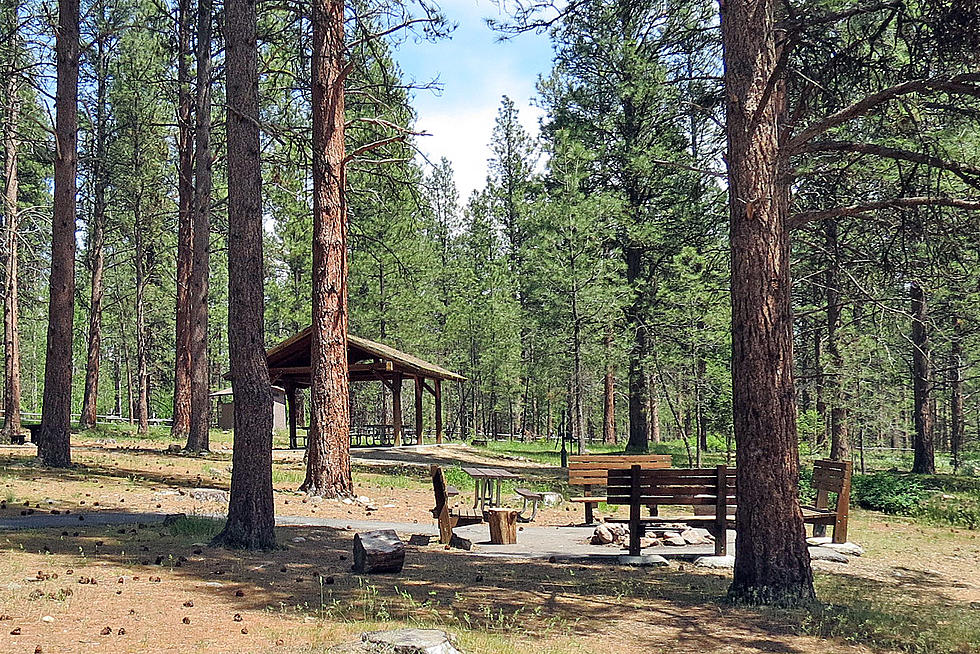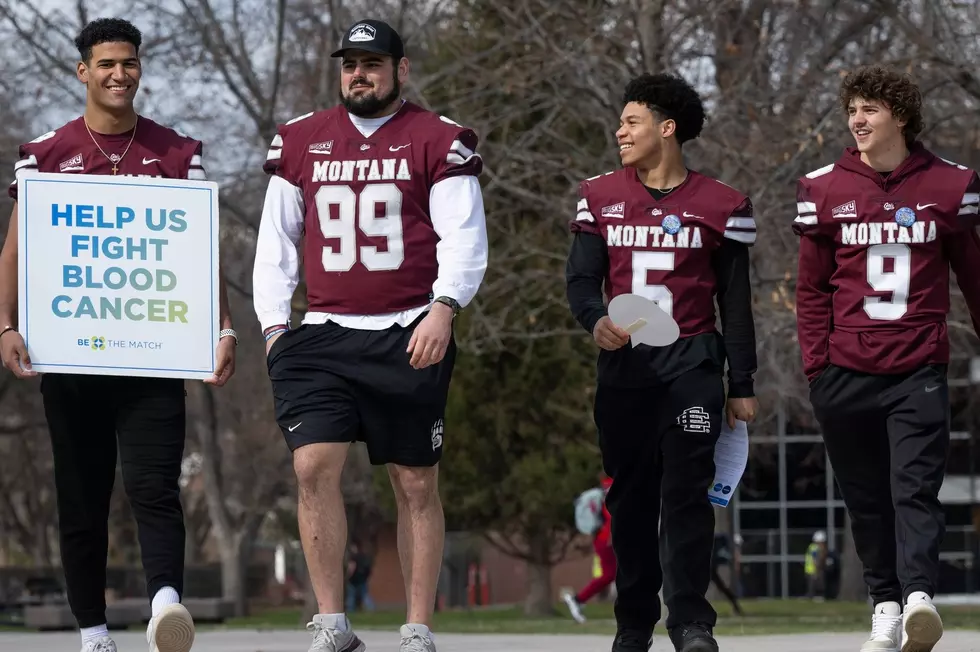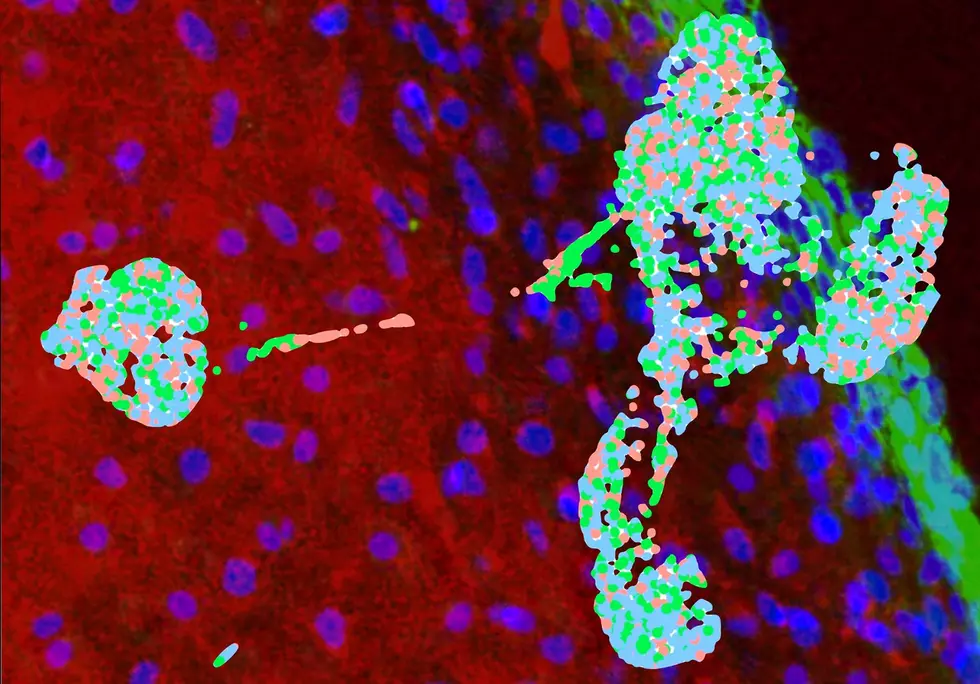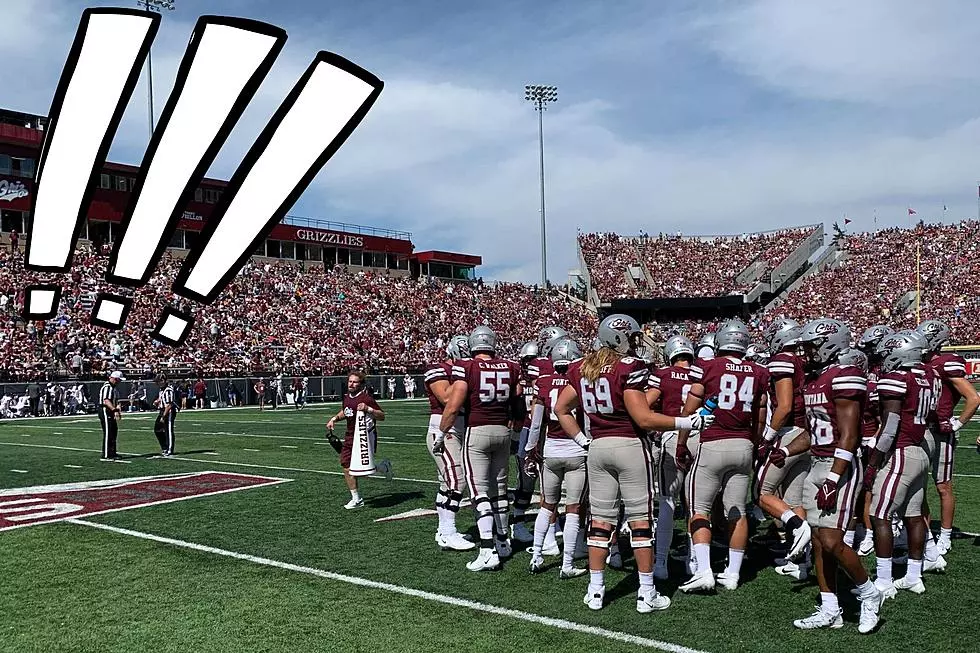
Are Montana Trails and Campsites Too Popular?
Both the University of Montana in Missoula and Montana State University in Bozeman are looking at overpopulation in Montana. No, not in the towns, cities, and roadways, but in the woods.
Partly due to the pandemic, people have been looking for an escape from other people and many have discovered the amazingly easy accessibility of Montana's backcountry. In the past, you could hike many of our trails without seeing another human all day. But now, finding a nice place to pitch a tent or simply have an evening campfire is becoming a chore.
The University of Montana's W.A. Franke College of Forestry & Conservation examined the park system, concentrating on Glacier National Park and other National Park Service sites.

UM assistant professor Will Rice has been noticing that some people are able to get campsites in those parks, while others are not. On-line reservation systems are efficient, but favor those who have high-speed internet to access the site Recreation.gov, which both the park system and U.S. Forest Service are using more and more.
Are campsites becoming exclusive to those with time and money?
Rice said in a news release, "To use these systems you need high-speed internet, which can be a problem in remote areas like we have in Montana. You also need [the] flexibility to plan your trip for six months from now. People with lower income jobs often don't have the ability to set vacations that far in advance."
Ironically, those of us who live in low-income areas like Montana can't reserve a campsite, which might be just around the corner from our town. Rice says the trend has been toward making a national park visit an "exclusive" event. Some suggestions include a lottery system.
And, this panel is just looking at a small part of the problem. Montana's state parks are going through the same reservation problems. Try finding a campsite at Flathead Lake, for instance.
Humans are wearing out the trails in places
Then, there's the "wear and tear" of the trails and campsites. Each year, the federal government, Montana's FWP and many local volunteers (like the Bitterroot Back Country Horsemen) try to keep the trails cleared and repaired. The job is not getting any easier.
Montana University's Osher Lifelong Learning Institute (OLLI) has planned a virtual panel discussion April 8th called "Loved to Death? Balancing Backcountry User Impact and Stewardship." They'll talk about short-term and long term impacts of trail overuse and general human pressures in the Greater Yellowstone area.
Panel members include officials from Montana Fish, Wildlife and Parks, the Custer Gallatin National Forest and the Absaroka Beartooth Wilderness Foundation. The talk from noon to 1:30 p.m. April 8 will include suggestions for the public.
You can register for the online event until April 8. More information is also available by calling 406 994-6550. Montana has experienced a housing crisis due to incoming population, and it's apparent that our favorite "getaway" places are impacted, too.
How Many in America: From Guns to Ghost Towns
Animals in Montana - Looking at You
More From 94.9 KYSS FM









